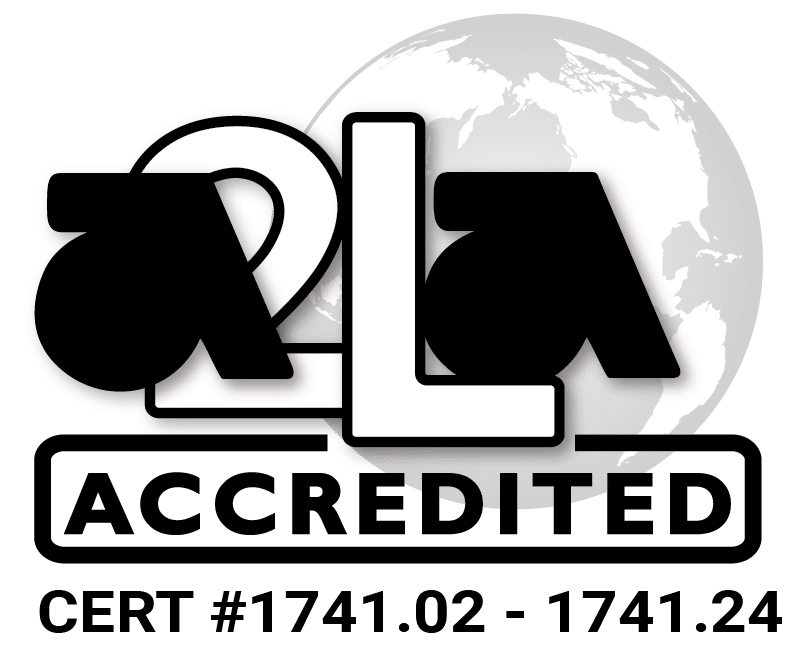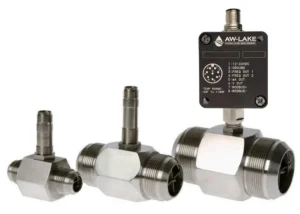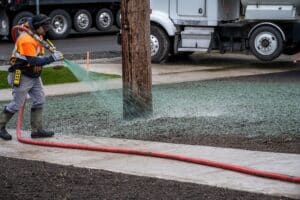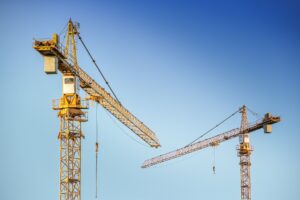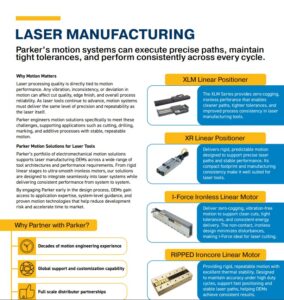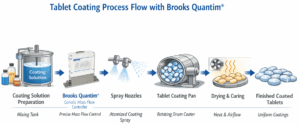Considerations of Proper Inspection Fixturing
When it comes to quality control, the efficiency and accuracy of your inspection process are crucial. This article from Inspection Arsenal highlights how investing in the right fixturing can dramatically improve productivity and profitability. The key takeaways are that speed, repeatability, and reproducibility are paramount. By utilizing modern modular and quick-swap systems, manufacturers can drastically reduce the time it takes to set up and inspect parts, which in turn minimizes machine downtime and maximizes throughput. This approach ensures consistent results, whether the same or a different operator performs the inspection.
The article also emphasizes how quick-swap fixturing allows for offline setup, further increasing efficiency and saving valuable time and money. The flexibility of these modular systems means they can be reused for various part types, providing a long-term, cost-effective solution. Ultimately, the right fixturing solution gives you faster feedback, enabling quicker adjustments on the shop floor and improving the entire manufacturing process. Takea look at the full article from Inspection Arsenal: Considerations of Proper Inspection Fixturing
Why Partner with Cross Company for Your Fixturing Needs?
Cross Company is the ideal partner for your quality control and inspection needs. We don’t just sell equipment; we provide comprehensive solutions tailored to your unique manufacturing environment. Our team of experts understands the critical role of proper fixturing in optimizing your process. We can help you select, integrate, and implement the perfect fixturing solution to meet your specific challenges, ensuring you achieve the speed, accuracy, and efficiency that will drive your business forward. Learn more about Inspection Arsenal and reach out to one of our experts today!

